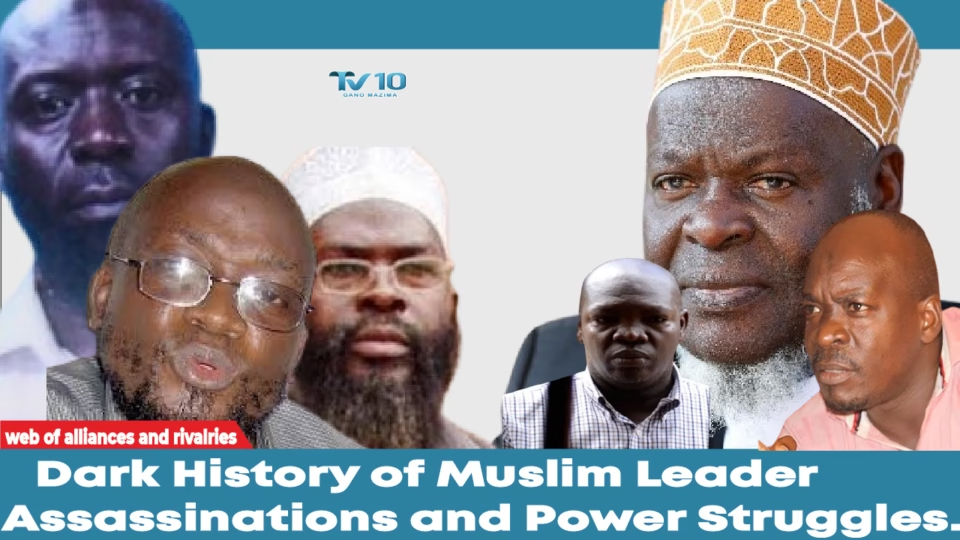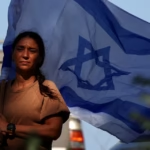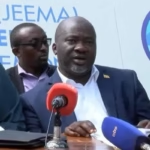By Dean Lubowa Saava
Gano Mazima Investigative File
A trail of blood and betrayal has marked the history of Muslim leadership in Uganda, with several prominent figures falling victim to targeted killings. Between 2012 and 2016, a series of assassinations claimed the lives of influential Muslim Clerics leaders, including Ibrahim Hassan Kirya, Mustafa Bahiga, and Abdul Kareem Ssentamu, among others.
At the center of this turmoil is the William Street Mosque, a prized asset that has been the focal point of a bitter power struggle between the Tabliq Muslim Sect and the Uganda Muslim Supreme Council (UMSC) led by Mufti Mubaje.
In 2005, the Tabliq sect took control of the mosque from buyers who had purchased it from Mufti Mubaje, sparking a ruthless campaign to reclaim the property.
According to sources, Mufti Mubaje leveraged his connections with security officials, including Haj Abdul Kiyimba, Abdallah Kitatta, and Haruna Ssemakula, to plot a takeover of the mosque. These individuals, allegedly linked to the ruling party, NRM, used their influence to discredit the Tabliq leaders, labeling them as ADF and orchestrating their assassinations.
The mosque was eventually taken over by Boda boda 2010 in 2020, allegedly with the help of the late Kaweesi, on behalf of UMSC. This development raises questions about the role of security agencies and government officials in the power struggle.
Further investigation reveals that Mufti Mubaje’s associates, including Kitatta, Abdul Kiyimba, and Ssemakula, were introduced to President Yoweri Museveni during Gen. Kale Kayihura’s tenure. These individuals have since leveraged their connections to secure influential positions within the NRM, including leadership roles in the party.
The allegations of corruption and abuse of power surrounding the sale of Muslim properties and the subsequent bribery of security officials are disturbing. The rise of Haruna Ssemakula, Abdallah Kitatta, and Abdul Kiyimba to positions of power within the NRM raises questions about the party’s stance on corruption and cronyism.
As we continue to investigate this complex web of power struggles and assassinations, one thing is clear: the truth behind these events must be uncovered to ensure justice and accountability.
Key Findings:
Assassinations of Muslim Clerics between 2012 and 2016
Power struggle between Tablighs and UMSC over William Street Mosque
Allegations of corruption and abuse of power by Mufti Mubaje and associates
Connections between security officials and NRM leaders
Questions about Gen. Kayihura’s tenure and operational effectiveness
This story will continue to unfold as more evidence comes to light. Stay tuned for further updates.



